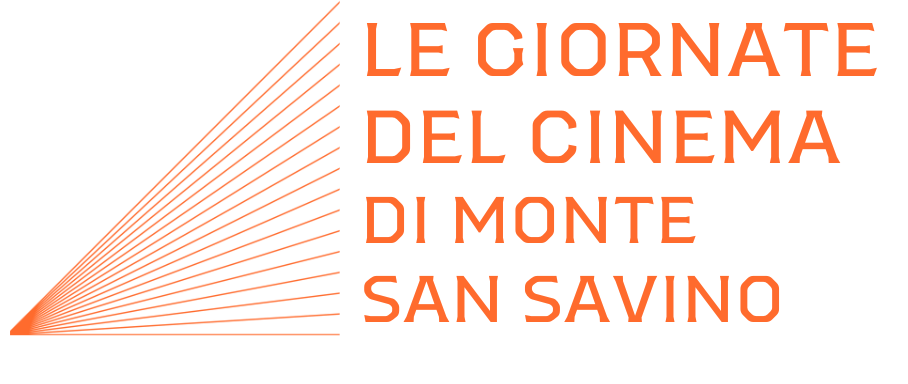WORKSHOP'S PHILOSOPHY
Le Giornate Del Cinema Di Monte San Savino – Workshop was established as an opportunity to immerse oneself in the adventure of creation alongside a visionary filmmaker. These workshops, combining theory and practice, represent a challenge to experiment and an invitation to explore unknown territories with a curious and respectful eye, guided by an expert who will immerse us intimately and personally in the depths of cinema. Venturing beyond our daily routines, this innovative approach opens the door to telling stories from a completely different perspective, allowing us to explore our deepest truths and tell stories that go beyond our everyday reality, inspired by the place hosting us, its customs, and its landscapes.
WORKSHOP'S PHILOSOPHY
Le Giornate Del Cinema Di Monte San Savino – Workshop was established as an opportunity to immerse oneself in the adventure of creation alongside a visionary filmmaker. These workshops, combining theory and practice, represent a challenge to experiment and an invitation to explore unknown territories with a curious and respectful eye, guided by an expert who will immerse us intimately and personally in the depths of cinema. Venturing beyond our daily routines, this innovative approach opens the door to telling stories from a completely different perspective, allowing us to explore our deepest truths and tell stories that go beyond our everyday reality, inspired by the place hosting us, its customs, and its landscapes.
JAFAR PANAHI FILMOGRAPHY
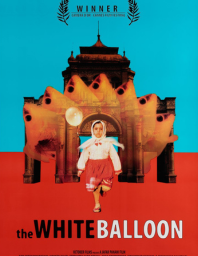
THE WHITE BALLOOW
1995 – Camera d’Or at Cannes

THE CIRCLE
2000 – Golden Lion at Venice Film Festival

CRISMSON GOLD
2003 – Co-written with Abbas Kiarostami – Golden Camera at Cannes

OFFSIDE
2006

THIS IS NOT A FILM
2011 – Cannes, Documentary

CLOSED CURTAIN
2013

TAXI
2015 – Golden Bear at Berlin International Film Festival

3 FACES
2018 – Cannes

THE YEAR OF THE EVERLASTING STORM – LIVE
2021 – Cannes Film Festival

NO BEARS
2022
JAFAR PANAHI: IS ONE OF IRAN'S MOST INFLUENTIAL FILMMAKERS
THROUGHOUT HIS CAREER…
THROUGHOUT HIS CAREER…
PANAHI'S DETERMINATION...
In 2010, Panahi was arrested and sentenced to six years in prison, alongside a 20-year ban from filmmaking, after he was accused of plotting against the Iranian government. Despite this, Panahi refused to be silenced. His 2011 film This Is Not a Film, shot secretly while under house arrest, was smuggled out of the country on a USB drive hidden inside a cake. The film serves as both a personal document of his frustration and a defiant statement of artistic resistance.
In 2018, 3 Faces premiered at Cannes, continuing Panahi’s exploration of the lives of women in Iran, this time through a poignant narrative about freedom, identity, and societal constraints.
In 2022, Panahi released No Bears, a film that further explores the limitations of personal and creative freedom in contemporary Iran. However, shortly after the film’s completion, Panahi was once again arrested by Iranian authorities. This arrest, coupled with the ongoing government ban on his filmmaking, underscored the regime’s continued efforts to silence dissenting voices. Despite the mounting pressure, Panahi’s work remains a powerful testament to the resilience of creative expression, and his films continue to engage audiences worldwide, demonstrating that the spirit of cinema cannot be easily suppressed.
PANAHI'S DETERMINATION...
In 2010, Panahi was arrested and sentenced to six years in prison, alongside a 20-year ban from filmmaking, after he was accused of plotting against the Iranian government. Despite this, Panahi refused to be silenced. His 2011 film This Is Not a Film, shot secretly while under house arrest, was smuggled out of the country on a USB drive hidden inside a cake. The film serves as both a personal document of his frustration and a defiant statement of artistic resistance.
In 2018, 3 Faces premiered at Cannes, continuing Panahi’s exploration of the lives of women in Iran, this time through a poignant narrative about freedom, identity, and societal constraints.
In 2022, Panahi released No Bears, a film that further explores the limitations of personal and creative freedom in contemporary Iran. However, shortly after the film’s completion, Panahi was once again arrested by Iranian authorities. This arrest, coupled with the ongoing government ban on his filmmaking, underscored the regime’s continued efforts to silence dissenting voices. Despite the mounting pressure, Panahi’s work remains a powerful testament to the resilience of creative expression, and his films continue to engage audiences worldwide, demonstrating that the spirit of cinema cannot be easily suppressed.
For Jafar Panahi, the themes of necessity, freedom, and beauty are central. His films often express a deep need to capture the world around him, particularly the hidden beauty in everyday life, even under oppressive circumstances. The act of filming becomes a form of resistance and a way to assert one’s voice in a world that seeks to silence it
For Jafar Panahi, the themes of necessity, freedom, and beauty are central. His films often express a deep need to capture the world around him, particularly the hidden beauty in everyday life, even under oppressive circumstances. The act of filming becomes a form of resistance and a way to assert one’s voice in a world that seeks to silence it
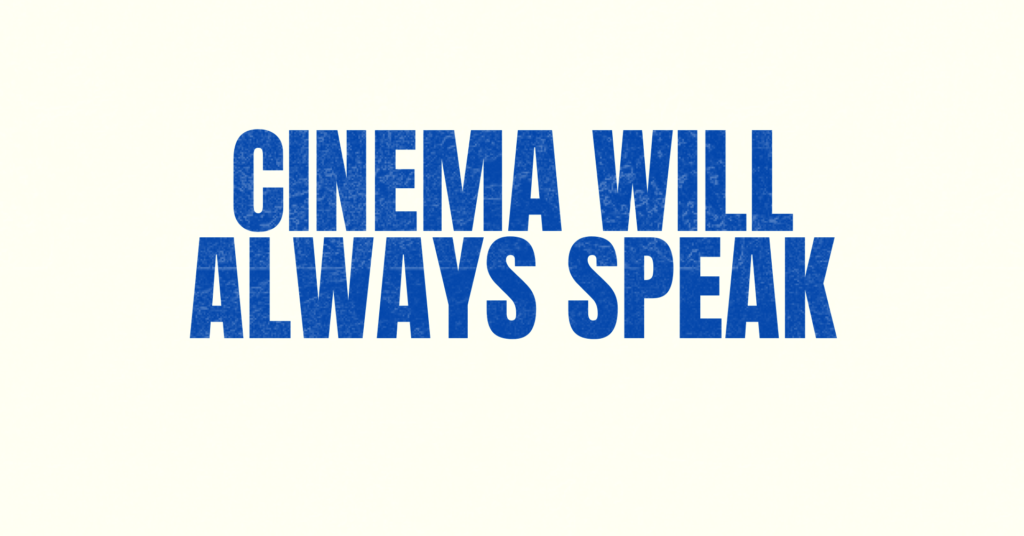
THE PROGRAM

DAY 1 - MEET THE MASTER
DAY 1 - MEET THE MASTER
The workshop begins with an introductory session where participants will meet Master Panahi, gaining insight into his vision and unique filmmaking approach. This will be followed by a theoretical class, where Panahi will share his perspective on cinema and the role of observation and self-expression in his work. During the day, participants will be introduced to the theme that will guide the creation of their short films. In the evening, a welcome cocktail will provide an informal setting for the group to connect and discuss the upcoming days.

DAY 2 - OBSERVING REALITY & SCRIPTWRITING
DAY 2 - OBSERVING & SCRIPTWRITING
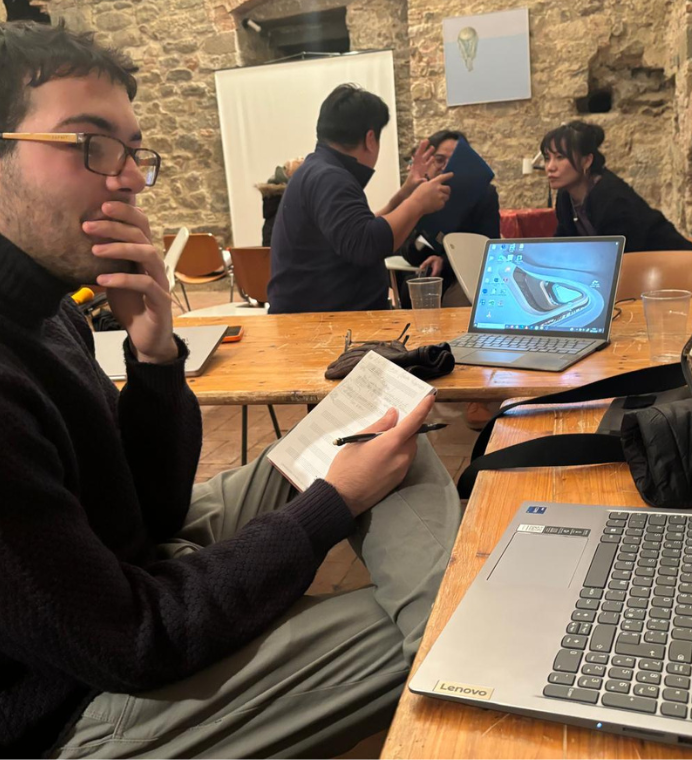
DAY 3 - OBSERVING REALITY & SCRIPTWRITING (continued)
DAY 3 - OBSERVING REALITY & SCRIPTWRITING (continued)

DAYS 4 - 6 FILMING
DAYS 4 - 6 FILMING

DAYS 7 - 9 EDITING
DAYS 7 - 9 EDITING

DAY 10 - SCREENING & FAREWELL
DAY 10 - SCREENING & FAREWELL
The final day culminates in the screening of the short films in the theater, where participants can showcase their work and share their creative journeys with the group. The day concludes with a farewell dinner, where participants and Master Panahi can celebrate the culmination of the workshop. To mark the end of this transformative experience, certificates of completion will be presented, and closing remarks will honor the effort and dedication shown throughout the program.
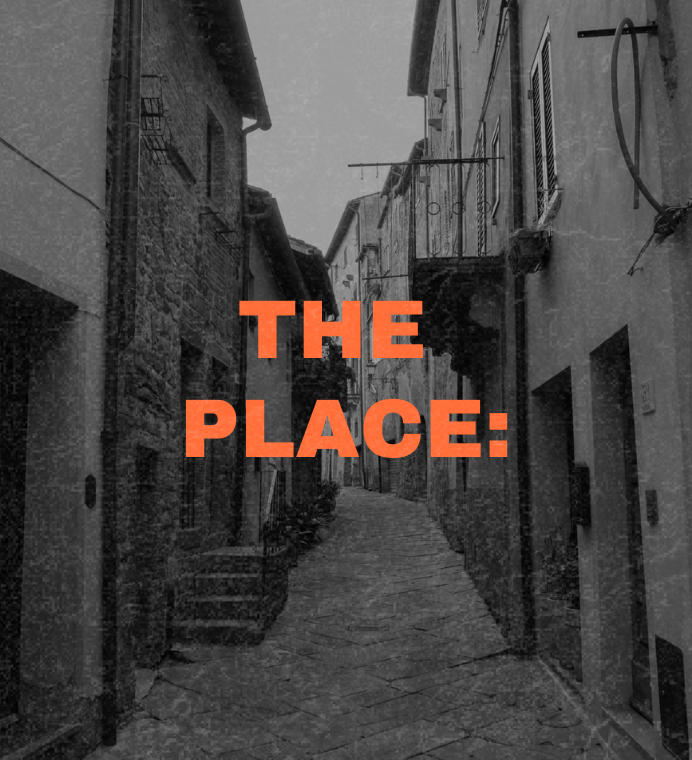
The workshop will take place in the medieval town of Monte San Savino, a charming and picturesque location ideal for an immersive experience. Surrounded by its rich history and serene landscapes, the town offers the perfect setting for deep personal reflection, collaboration with fellow participants, and the discovery of hidden places and local people that inspire creativity.
The workshop will take place in the medieval town of Monte San Savino, a charming and picturesque location ideal for an immersive experience. Surrounded by its rich history and serene landscapes, the town offers the perfect setting for deep personal reflection, collaboration with fellow participants, and the discovery of hidden places and local people that inspire creativity.
RULES OF THE WORKSHOP
PRINCING
-
Accommodation in a 3-star hotel with breakfast and dinner (shared double room with a same-gender roommate)
-
Transfers from Arezzo Train Station to Monte San Savino on August 15, 2025 and return transfers on August 27,2025
OPEN TO ALL
APPLICATION PROCESS
To apply, please submit a motivation letter and a CV (including links to any visual works, if available). All applicants must also fill out the application form by June 25, 2025.
ARRIVAL AND DURATION
Participants must arrive in Monte San Savino on August 15, 2025 (the day before the workshop starts) to ensure they are ready to begin on August 16, 2025. Participants are expected to stay for the entire duration of the workshop, which runs until August 26, 2025.
FILMING AND EDITING MATERIALS
Selected participants are required to bring their own equipment for filming and editing their short films. Please note that the workshop will not provide or rent any filming or technical equipment.
SUPPORT AND ASSISTANCE
While the workshop does not provide technical equipment, we will be there to assist you throughout the process, helping with film production logistics, guiding you through the beautiful town of Monte San Savino, connecting with locals, and revealing hidden, wonderful places to enrich your filming experience.
LANGUAGE REQUIREMENTS
Participants must be fluent in English, as the workshop will be conducted in Farsi, with translations provided into English.
TRANSFERS
Le Giornate del Cinema di Monte San Savino will provide transfers from Arezzo Train Station to Monte San Savino on August 15, 2025. At the end of the workshop, transfers will also be provided from Monte San Savino to Arezzo Train Station on August 27, 2025, the departure day.
HOW TO APPLY
Fill out the official application form, which can be found here: form.
- A motivation letter outlining why you wish to participate in this workshop, what you hope to learn, and what drives your passion for filmmaking.
- A CV that includes your personal details, relevant experiences, and any artistic background.
- Links to any visual works, such as short films, photography, or other relevant projects (if available).
All applications must be submitted by June 25, 2025.
Successful applicants will receive a confirmation email by June 25, 2025.
Selected participants must complete the payment within the next 5 days after the confirmation date. If they do not complete it, the next person in the waiting list will be selected.
SUPPORT AND SPONSORSHIP
The event is organized by Aretusa Films and held under the patronage of the Municipality of Monte San Savino and the Special Company Monteservizi.



